Correfoc literally means fire run Catalan and is celebrated throughout Catalonia, Valencia and the Balearic Islands.
During the celebrations, people dress as demons and devils and run through the streets carrying huge sparklers that spray fire into the crowds.

They’re typically accompanied by Samba-style drumming groups and large beasts such as dragons or werewolves, which also have fireworks attached to them.
Spectators dress in old clothes and protect their heads with scarves, hoods or hats and many even run into the parade to dance with the devils under the fiery rain.
READ ALSO – Els Castells: What you need to know about Catalonia’s human towers

There’s very little regard for health and safety and in many countries in the world, such as the UK or Germany for example, these types of celebrations simply wouldn’t be allowed to happen.
There are even special kids’ correfocs, which in reality are not much more tame than the adults’ ones – they just happen earlier.
Despite this, there are usually very few serious accidents and firemen and ambulances are on hand to sort anything out quickly.
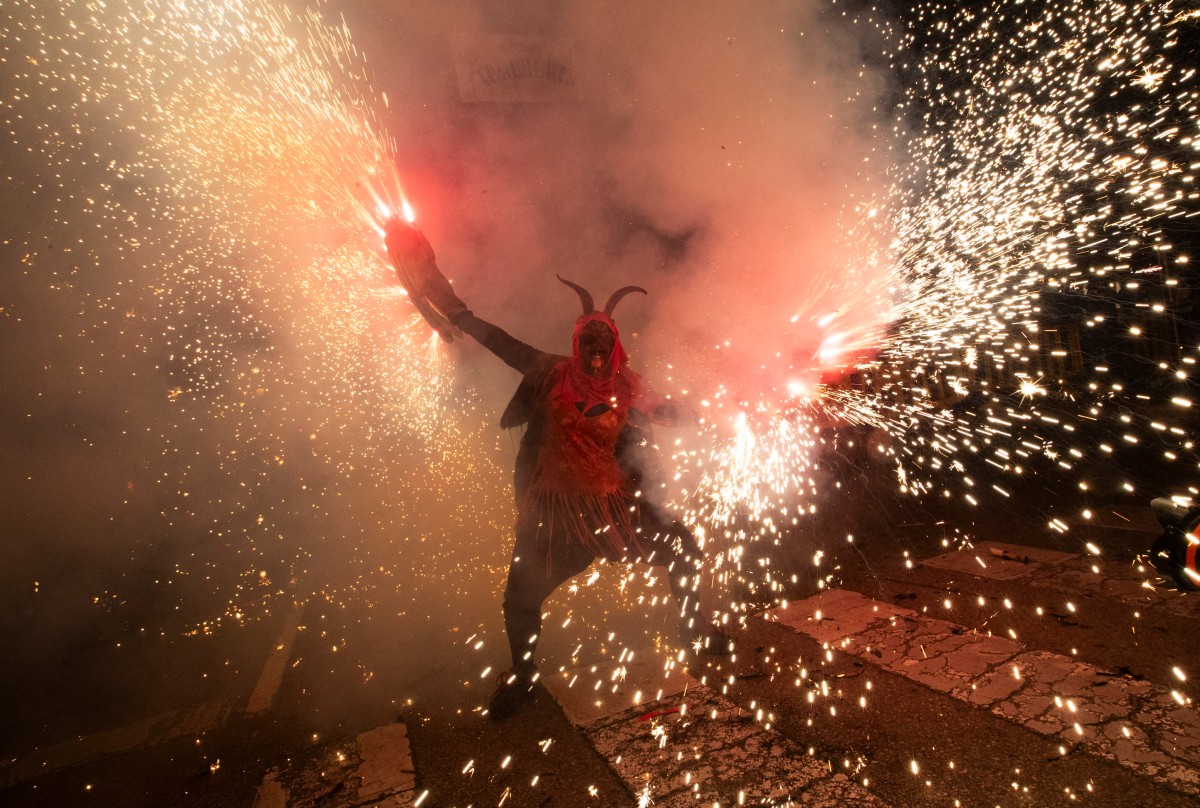
Correfocs are a big deal in Catalonia particularly and almost every neighbourhood in every big city throughout the region has its own correfoc group. They come out during each barrio festival, city-wide festivals such as Barcelona’s La Mercè held each September and during certain saint’s days such as Sant Antoni.
In Valencia, they come out during Las Fallas festival to parade through the streets and in Palma de Mallorca during the Correfoc de Sant Sebastià at the end of January.
Sant Sebastià is the patron saint of Palma and is revered for being the saint who saved the city from the plague. Each year he is celebrated with a week-long festival, which always features a correfoc as one of its main parts.
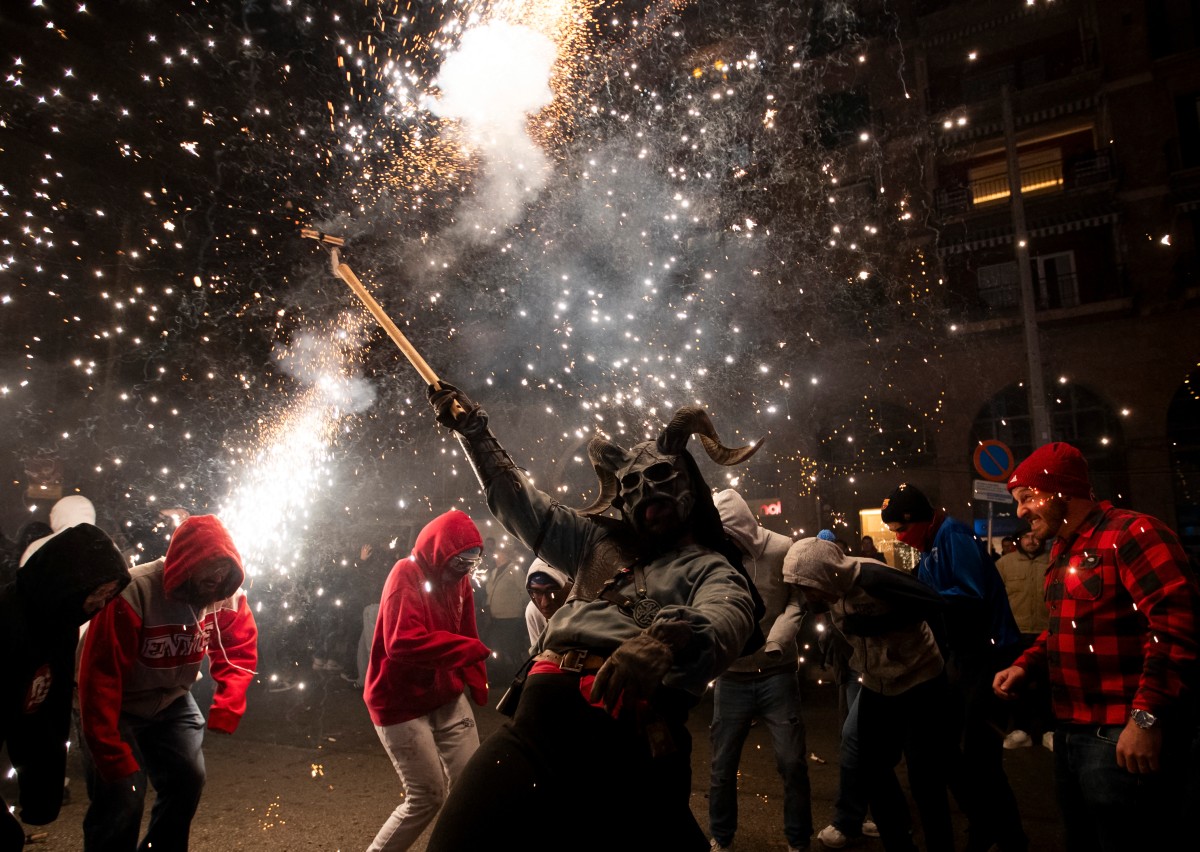
The festival is derived from the ball de diables or devil dances, said to come from medieval street theatre. The dance aimed to depict the epic struggle between good and evil.
According to the Catalan ethnologist and folklorist, Joan Amades, the first mention of these dances was in 1150 in the Kingdom of Aragón. They reappeared in the 15th century and were performed as part of the Corpus Christi celebrations, which happen exactly 60 days after Easter.
READ ALSO: Why you should visit Barcelona’s quirky egg dancing festival
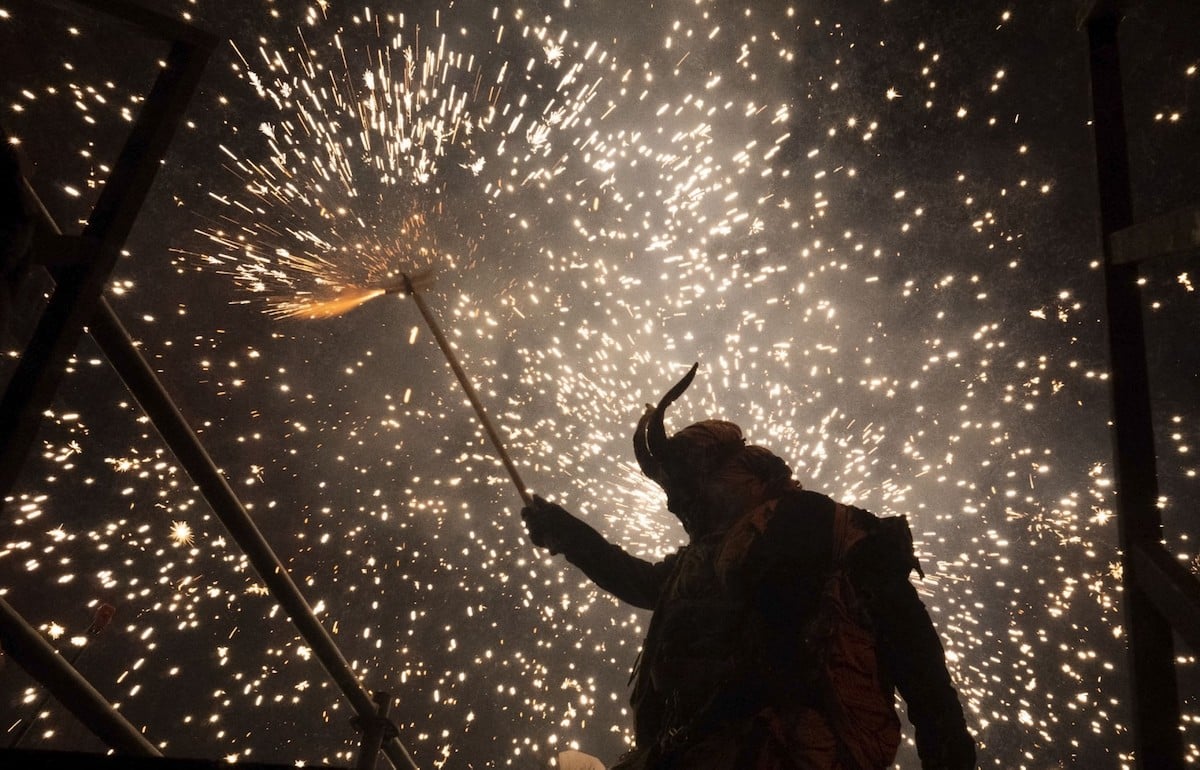
The modern-day correfocs, however, were first performed during Barcelona’s La Mercè Festival in September 1978.
According to the Barcelona City Council, the plan was to feature a traditional ball de diables, but it spontaneously turned into what we know today, where the devils deliberately spray their fireworks into the crowds and people respond by either running away or dancing under the sparks with them.

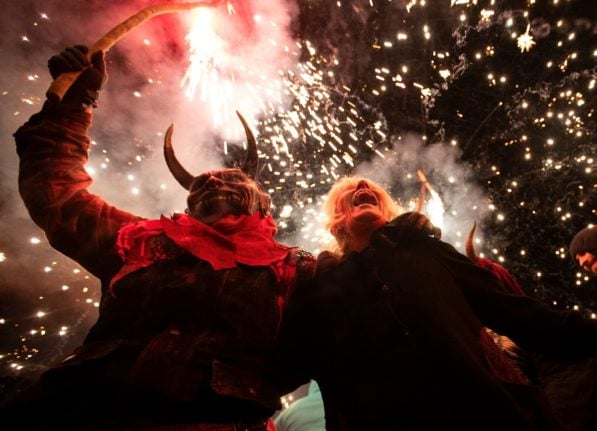
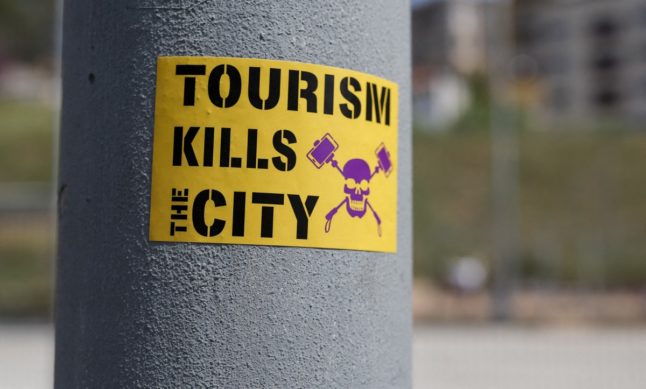
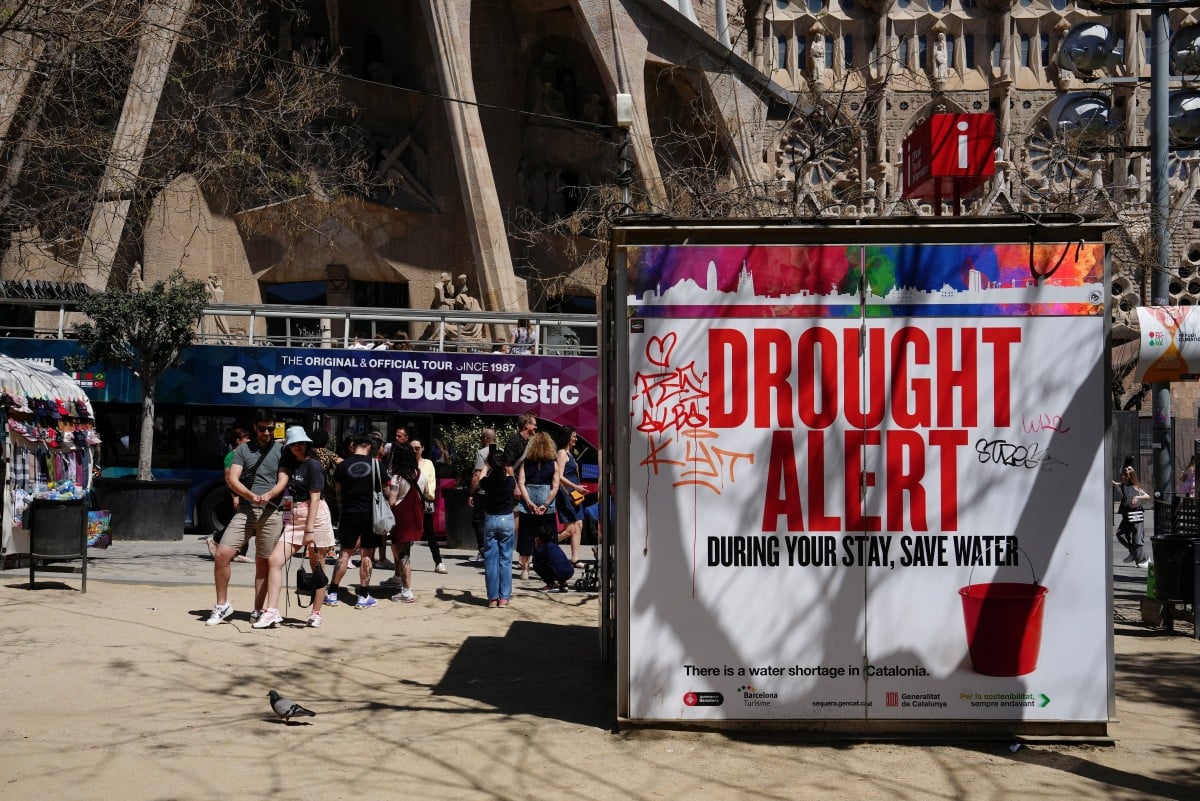
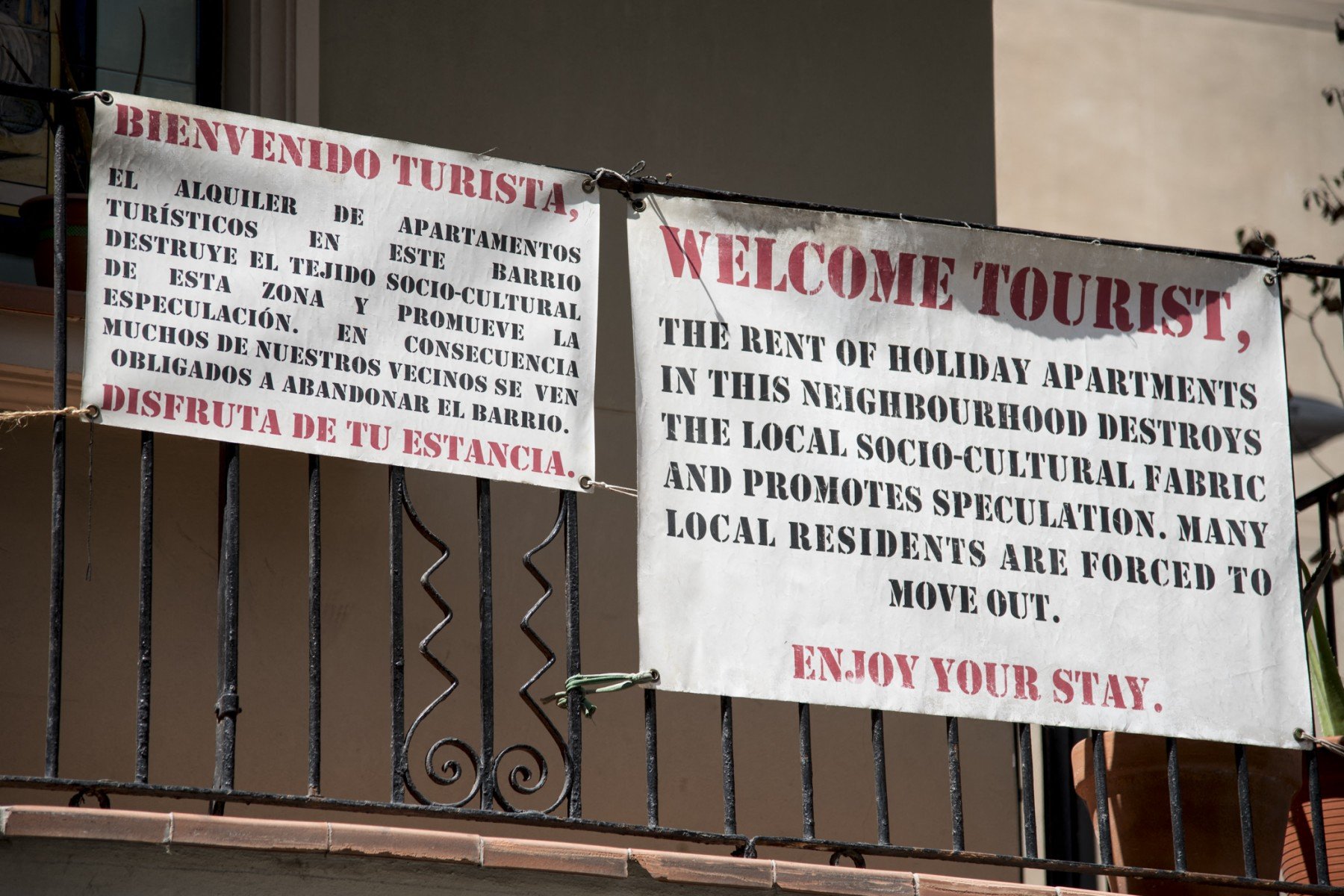
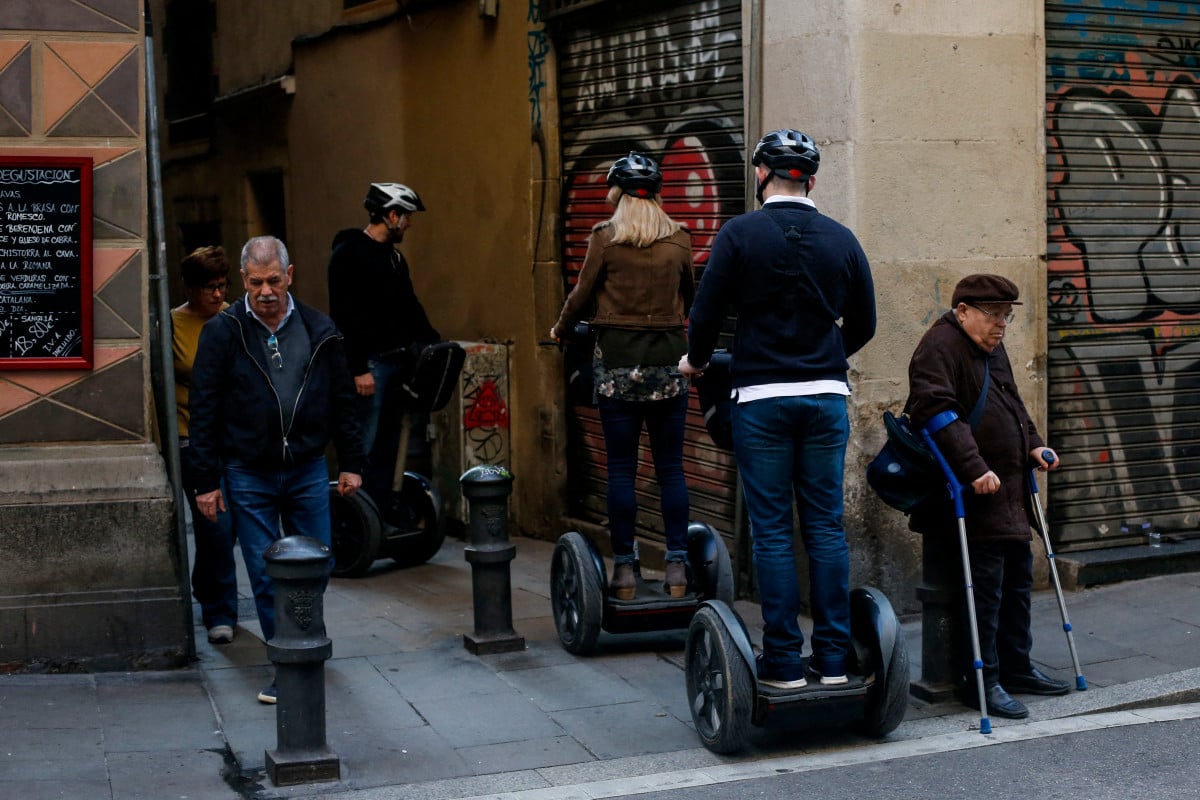
 Please whitelist us to continue reading.
Please whitelist us to continue reading.
Member comments